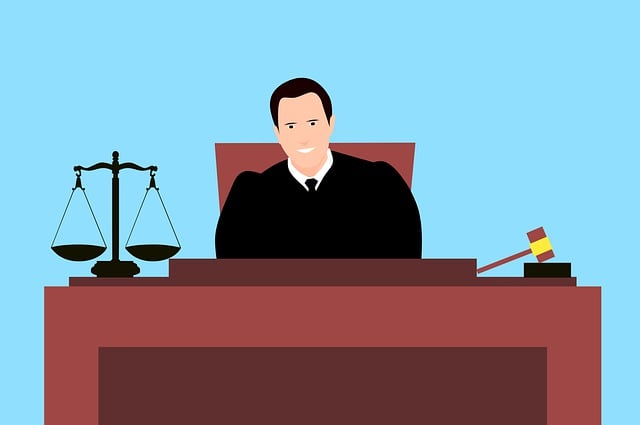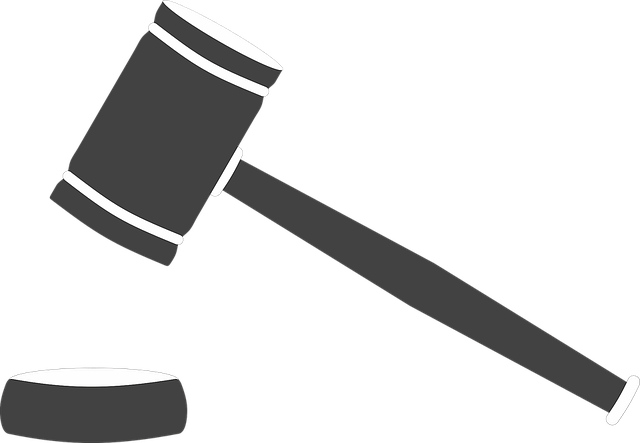Motorcyclists aren't always at fault in accidents leading to wrongful death, despite common misconceptions. Determining liability involves complex factors like driver negligence, road conditions, and product defects, requiring expert analysis and a nuanced legal approach. Blaming the victim for not wearing a helmet is incorrect; state laws vary, and negligence principles govern these cases. Grieving families deserve justice, which can be achieved by challenging myths and engaging experienced legal counsel specialized in personal injury claims.
Motorcycle Accident Wrongful Death: Debunking Legal Myths and Navigating Your Rights
Motorcycle riders often face misconceptions when involved in accidents, especially when it comes to wrongful death claims. This article aims to dispel common myths surrounding these cases, empowering riders and their families. We explore the reality of liability, beyond stereotypes about helmet use, and clarify how negligence is determined. Additionally, we guide readers through the legal process, emphasizing the importance of immediate actions and the value of expert representation. Learn how to maximize compensation and secure justice in the aftermath of a motorcycle accident that leads to wrongful death.
- Common Misconceptions About Motorcycle Accident Wrongful Death Cases
- – Debunking the myth: Motorcyclists always bear fault
- – Addressing the stereotype: Helmet use determines liability
Common Misconceptions About Motorcycle Accident Wrongful Death Cases

Many people hold onto several misconceptions when it comes to motorcycle accident wrongful death cases, often shaping their understanding from what they see in movies or hear through word-of-mouth. One of the most pervasive myths is that motorcyclists always bear the blame in these incidents, which couldn’t be further from the truth. In reality, determining liability in a motorcycle accident involves a nuanced analysis of various factors. Negligence on the part of other drivers, road conditions, and even product defects can all contribute to an individual’s right to seek justice through wrongful death claims.
Another common misconception is that motorcycle accident wrongful death cases are straightforward processes. The reality is these legal battles often require extensive investigation, expert testimony, and a deep understanding of both traffic laws and personal injury principles. Unlike slip and fall injuries or auto accident injuries that may result in more predictable compensation, motorcycle deaths involve complex considerations, including the motorcyclist’s contribution to the accident (if any), the other driver’s actions, and potential secondary causes like poor road maintenance or faulty equipment.
– Debunking the myth: Motorcyclists always bear fault

In the aftermath of a motorcycle accident resulting in wrongful death, a common myth persists that motorcyclists always bear fault. This belief is far from the truth. In many cases, especially with complex scenarios involving multiple parties, determining liability is not as straightforward as it might seem. For instance, defective road conditions, poor visibility, or even another vehicle’s negligent driving can contribute to accidents, absolving the motorcyclist of full responsibility.
Understanding this myth’s falsehood is crucial for victims’ families seeking justice in motorcycle accident wrongful death cases. It’s essential to engage with a seasoned truck accident lawyer who can navigate these complexities and advocate for fair compensation. Similarly, those concerned about other types of personal injury, like nursing home abuse or caregiver abuse, can benefit from legal counsel specializing in these areas, ensuring that all responsible parties are held accountable for their actions.
– Addressing the stereotype: Helmet use determines liability

In the aftermath of a motorcycle accident resulting in wrongful death, one of the most pervasive myths is that helmet use determines liability. This stereotype suggests that if the victim was not wearing a helmet, the at-fault party faces less legal consequence. However, it’s crucial to understand that state laws regarding helmet use vary, and their implementation does not dictate liability in such tragic cases. Personal injury claims arising from motorcycle accidents are governed by negligence principles, focusing on who was at fault for the collision.
While helmet use is an important safety measure, it doesn’t alter the legal standards of care expected of drivers and riders alike. Just as in real estate disputes or partnership disagreements where negligence plays a significant role, determining liability in motorcycle accident wrongful death cases involves assessing factors like speed, road conditions, visibility, and adherence to traffic laws. Blaming the victim for not wearing a helmet can obscure these critical issues and impede efforts to achieve justice for the affected family.
In addressing common myths surrounding motorcycle accident wrongful death cases, it’s clear that understanding legal truths is paramount. Debunking notions that motorcyclists are inherently at fault and that helmet usage dictates liability reveals a more nuanced reality. As we’ve explored, these cases often involve complex factors, making it crucial to seek expert legal counsel for accurate guidance. By separating fact from fiction, individuals affected by such tragedies can navigate the legal system with clarity and strive for justice in their pursuit of motorcycle accident wrongful death claims.





